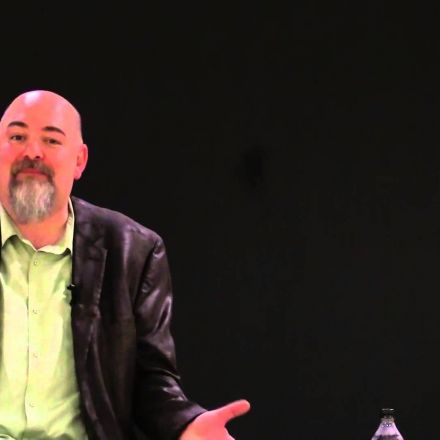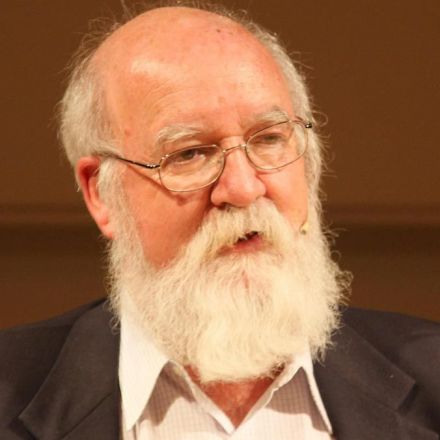Atheist Debates - Divine Hiddenness
A lecture at Baylor University on why I prefer the problem of Divine Hiddenness to the Problem of Evil.
Failure of Faith
At timestamp 13:59 Matt brings up the question "why create a world where you put thinking beings, give them a brain...where critical examination of what you see in the world is consistently the best way to find an accurate model of the world?...and then to say that the most important piece of information is one that doesn't fit that paradigm?" I've examined this before in my comparison of the conflict between faith and knowledge, but since Matt doesn't take much time to address the typical excuse of "faith" here I want to revisit the topic.
While he correctly points out that "faith" isn't an answer because it can be used to justify any claim, he's set up a question that invites more scrutiny. Whatever god allegedly created this universe has therefore put us in an environment where our survival as individuals and as a species relies on our ability to gather knowledge to form conclusions. Sometimes our conclusions aren't justified, like assuming that the vague shape we perceive in the bush is a predator which prompts us to run away. Such assumptions were helpful when predators were a constant threat, but better knowledge is more helpful. Waiting to confirm whether or not that shape is what we suspect it might be could result in an easy meal for a predator, but it could also reveal that it was just our imagination playing tricks and enable us to get at the berries in the bush. Our survival is better served when our conclusions are informed by knowledge. Running away on faith (or conversely pursuing the berries on faith) doesn't serve us nearly as well, it's hit-or-miss.
I frequently hear that faith is superior to knowledge, but our world doesn't reward faith as consistently as it rewards knowledge. If you consistently visit a casino because you have faith that eventually your luck is going to favor you and grant you a massive jackpot, you're likely to lose everything. If you close your eyes while crossing a busy street using faith to guide your steps you're likely to create an accident. People who reject medical care for serious illness like cancer tend to die quickly and painfully compared to those who follow a doctor's advice. And yet people continue to uphold faith as the gold standard of behavior, trying to muster sufficient faith to move mountains on nothing better than religious authority. This is what prompted Friedrich Nietzsche to observe that "a casual stroll through the lunatic asylum shows that faith does not prove anything."
But what about love? I'm asked. You can't prove love is real, you have to take it on faith, right? I don't know where this silly trope came from but it's patently ridiculous. Unrequited love frequently depends on faith, but genuine love requires nothing of the sort. When someone loves me I can see it in their behavior toward me. When I love someone I don't expect them to rely on faith to know it, I assume the responsibility of demonstrating my love for them through word and deed.
So to return to Matt's point, you can't have a relationship with someone based on faith. Any relationship requires action that goes both ways; if all the effort is one-sided then someone is lying to you and you should consider the possibility that it's you.





























Join the Discussion